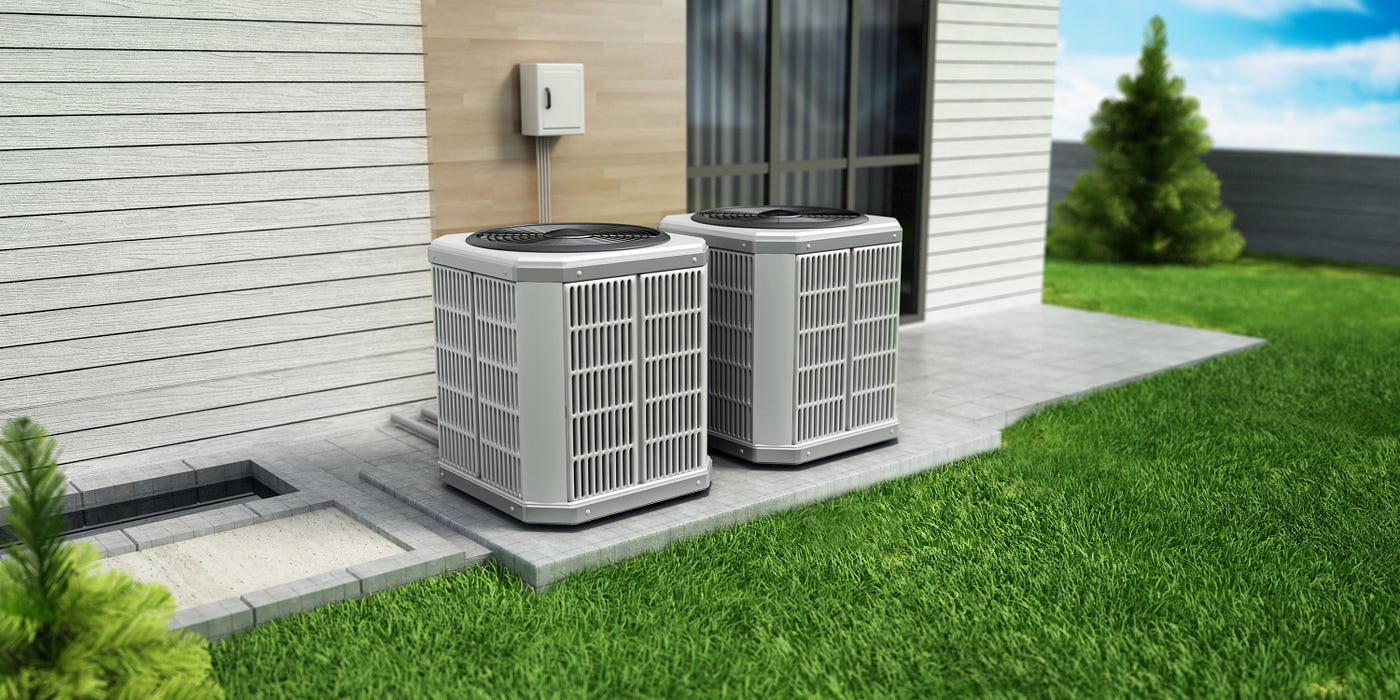Homeowners seek efficient and eco-friendly heating and cooling solutions as the world increasingly focuses on sustainable living and reducing carbon footprints. Heat pumps have emerged as a critical player in this transition, offering heating and cooling capabilities while significantly reducing energy consumption and greenhouse gas emissions. In this blog post, we’ll explore the pivotal role of heat pumps in achieving sustainable home heating and cooling.
Understanding Heat Pumps
Before we delve into their sustainability benefits, it’s essential to understand what heat pumps are and how they work. Heat pumps are HVAC systems that use a unique mechanism to transfer heat from one place to another rather than generating heat. They consist of two main components: an indoor unit and an outdoor unit.
Key Components:
- Outdoor Unit: The outdoor unit absorbs heat from the surrounding air (even in cold weather) and transfers it indoors.
- Indoor Unit: The indoor unit releases the absorbed heat inside the home.
Here’s how heat pumps work:
- In cold weather, the outdoor unit extracts heat from the outdoor air and transfers it indoors to warm your home.
- The process is reversed in hot weather: the indoor unit absorbs heat inside the home and releases it outside, effectively cooling your living space.
This dual-functionality makes heat pumps an ideal choice for year-round comfort, which sets them apart regarding sustainability.
The Environmental Benefits of Heat Pumps
Energy Efficiency
One of heat pumps’ most significant sustainability advantages is their remarkable energy efficiency. Traditional heating and cooling systems, such as furnaces and air conditioners, generate heat or cool air using energy sources like gas or electricity. Heat pumps, however, move heat from one place to another, requiring significantly less energy.
Heat pumps can achieve impressive energy efficiency ratios (EERs) and seasonal energy efficiency ratios (SEERs) by harnessing the natural heat transfer process. This translates to lower energy consumption and reduced utility bills, contributing to a smaller carbon footprint.
Reduced Greenhouse Gas Emissions
Since heat pumps rely on the heat exchange process rather than burning fossil fuels, they produce minimal greenhouse gas emissions. Traditional heating methods, like gas furnaces, release carbon dioxide (CO2) and other pollutants into the atmosphere, contributing to global warming and air pollution. Heat pumps help mitigate these environmental impacts by using electricity to transfer heat.
Lower Operating Costs
Heat pumps are designed to operate efficiently in various climate conditions. In colder regions, they can still extract heat from the outdoor air, albeit with reduced efficiency. This means homeowners can rely on heat pumps for both heating and cooling throughout the year, resulting in lower overall operating costs.
Other Sustainability Considerations
Durability and Longevity
Heat pumps are known for their durability and longevity. With proper maintenance and care, a well-installed heat pump system can last 15-20 years or more. This extended lifespan reduces the need for premature replacements, further reducing environmental impact.
Compatibility with Renewable Energy
Heat pumps can be seamlessly integrated with renewable energy sources, such as solar panels. When paired with clean energy generation, the sustainability benefits of heat pumps are amplified, as the electricity used to power them comes from environmentally friendly sources.
Conclusion
Heat pumps are a cornerstone of sustainable home heating and cooling systems. Their energy-efficient operation, reduced greenhouse gas emissions, and compatibility with renewable energy sources make them an eco-conscious choice for homeowners. By choosing heat pumps, you not only contribute to a greener planet but also enjoy long-term cost savings and year-round comfort.
If you’re considering the installation or repair of a heat pump system Contact MJK Mechanical today. Our team of experts can provide guidance, installation services, and maintenance to ensure that your heat pump operates optimally, contributing to a sustainable and comfortable home environment.

